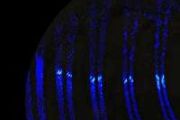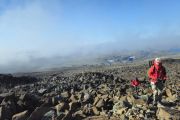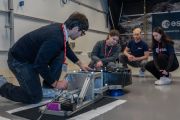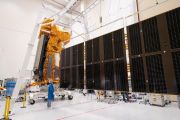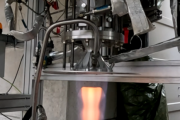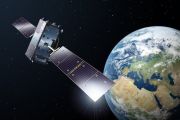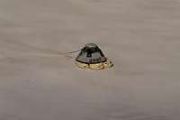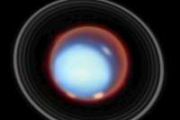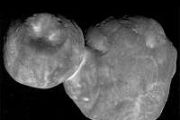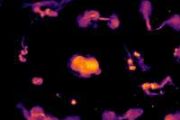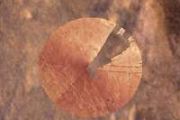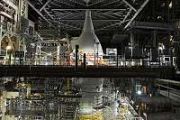
Copernical Team
Search is on for young space entrepreneurs ahead of first UK rocket launches
 With Britain's first satellite launches set to take place this year, the SatelLife Competition is looking for the best new ideas for how to use data collected from space to benefit daily life, from supporting local communities and the NHS, to monitoring the environment and tackling climate change.
The competition is now in its fifth year, with previous winning ideas including drones carryi
With Britain's first satellite launches set to take place this year, the SatelLife Competition is looking for the best new ideas for how to use data collected from space to benefit daily life, from supporting local communities and the NHS, to monitoring the environment and tackling climate change.
The competition is now in its fifth year, with previous winning ideas including drones carryi Increasing accuracy of atomic force calculations with space-warp transformation
 Atomic forces are primarily responsible for the motion of atoms and their versatile arrangement patterns, which is unique for different types of materials. Atomic simulation methods are a popular choice for the calculation of these forces, the understanding of which can vastly enhance existing knowledge on how to improve a material's function at an atomic level.
Quantum Monte Carlo (QMC) m
Atomic forces are primarily responsible for the motion of atoms and their versatile arrangement patterns, which is unique for different types of materials. Atomic simulation methods are a popular choice for the calculation of these forces, the understanding of which can vastly enhance existing knowledge on how to improve a material's function at an atomic level.
Quantum Monte Carlo (QMC) m Lockheed Martin wins NASA contract to bring Mars samples back to Earth
 Lockheed Martin's space division has won a NASA contract to build the rocket that will return the first Mars rock samples to Earth in the 2030s, the US space agency said Monday.
The "small, lightweight rocket" will be the first to take off from another planet, bringing back "rock, sediment and atmospheric samples from the surface of the Red Planet," NASA said in a statement.
NASA's Perse
Lockheed Martin's space division has won a NASA contract to build the rocket that will return the first Mars rock samples to Earth in the 2030s, the US space agency said Monday.
The "small, lightweight rocket" will be the first to take off from another planet, bringing back "rock, sediment and atmospheric samples from the surface of the Red Planet," NASA said in a statement.
NASA's Perse Astra Space scrubs first Florida launch a second time
 Astra Space postponed its first rocket launch from Florida on Monday for the second time in three days due to a "minor telemetry issue" and did not set a new launch date, a company official said.
"Unfortunately, we need to stand down from today's launch attempt," Astra product manager Carolina Grossman said during a live launch broadcast.
The rocket's software aborted a launch at
Astra Space postponed its first rocket launch from Florida on Monday for the second time in three days due to a "minor telemetry issue" and did not set a new launch date, a company official said.
"Unfortunately, we need to stand down from today's launch attempt," Astra product manager Carolina Grossman said during a live launch broadcast.
The rocket's software aborted a launch at Chemical history of the Milky Way revealed by new catalog of tens of millions of stars
 University of Notre Dame researchers, along with collaborators in China and Australia, published a new sample catalog of more than 24 million stars that can be used to decipher the chemical history of elements in the Milky Way Galaxy.
The research, published February 3 in The Astrophysical Journal, represents about one-hundredth of a percent of the roughly 240 billion stars in the Milky Wa
University of Notre Dame researchers, along with collaborators in China and Australia, published a new sample catalog of more than 24 million stars that can be used to decipher the chemical history of elements in the Milky Way Galaxy.
The research, published February 3 in The Astrophysical Journal, represents about one-hundredth of a percent of the roughly 240 billion stars in the Milky Wa Is the 'fine-tuned universe' an illusion?
 For decades physicists have been perplexed about why our cosmos appears to have been precisely tuned to foster intelligent life. It is widely thought that if the values of certain physical parameters, such as the masses of elementary particles, were tweaked, even slightly, it would have prevented the formation of the components necessary for life in the universe - including planets, stars, and g
For decades physicists have been perplexed about why our cosmos appears to have been precisely tuned to foster intelligent life. It is widely thought that if the values of certain physical parameters, such as the masses of elementary particles, were tweaked, even slightly, it would have prevented the formation of the components necessary for life in the universe - including planets, stars, and g NASA selects developer for rocket to retrieve first samples from Mars
 NASA has awarded a contract to Lockheed Martin Space of Littleton, Colorado, to build the Mars Ascent Vehicle (MAV), a small, lightweight rocket to launch rock, sediment, and atmospheric samples from the surface of the Red Planet. The award brings NASA a step closer to the first robotic round-trip to bring samples safely to Earth through the Mars Sample Return Program.
"This groundbreaking
NASA has awarded a contract to Lockheed Martin Space of Littleton, Colorado, to build the Mars Ascent Vehicle (MAV), a small, lightweight rocket to launch rock, sediment, and atmospheric samples from the surface of the Red Planet. The award brings NASA a step closer to the first robotic round-trip to bring samples safely to Earth through the Mars Sample Return Program.
"This groundbreaking Astra Space scrubs attempt for 1st Cape Canaveral launch
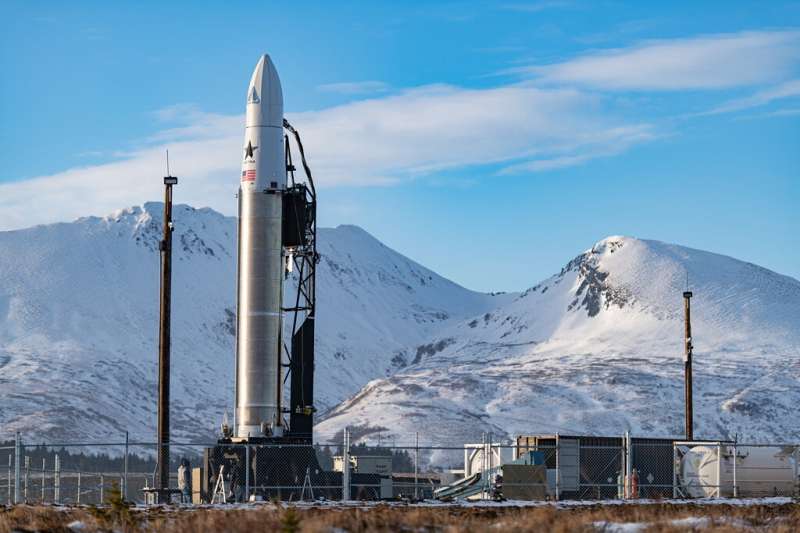
A new rocket company on the Space Coast looked to make its first launch on a mission for NASA Saturday as Astra Space lined up its Rocket 3 from Cape Canaveral Space Force Station, but an issue on the Eastern Range caused a late scrub at the end of its three-hour launch window.
"Unfortunately due to a range asset that has gone out of service today we are going to stand down from today's launch attempt," said Astra Space Director of Product Management Carolina Grossman. "We're going to give it another try tomorrow."
The company based in Alameda, California, received a new type of launch license from the Federal Aviation Administration on Friday that allows for more frequent launches, and clearing the way for its attempt from Space Launch Complex 46.
The countdown clock had been reset to 3:30 p.m. EST, near the end of its 1-4 p.m. launch window, but the clock was put in a hold at T-15 minutes despite dicey weather and rocket parameters all listed as go for launch.
Video: Space repairs in 360 degrees
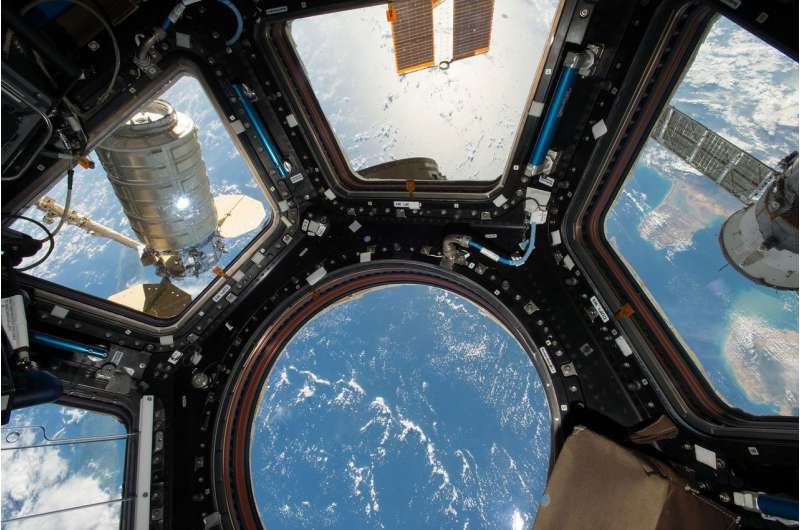
Scientist, engineer, test subject and tradesperson—astronauts in orbit wear many different hats. In this 360° timelapse, ESA astronaut Matthias Maurer works to repair a faulty valve behind EXPRESS-Rack 3.
Water On-Off Valve 8 (WOOV-8), along with WOOV-6 and WOOV-7, determines whether the cooling water of Europe's Columbus module flows through, or bypasses, the heat exchange system that transfers waste heat to downstream cooling circuits outside the International Space Station. The valve has been a problem child for ground teams and astronauts for the past few years and was first replaced during a complicated operation in 2013.
It was last replaced by ESA astronaut Thomas Pesquet in October 2021, but continued issues led Matthias to try out a reserve valve to see if an unplanned conversion was possible. The operation was successfully completed on the real WOOV-8 in December 2021, and all involved breathed a sigh of relief.
Performing maintenance and repair tasks in weightlessness is especially difficult as astronauts have the added challenge of trying to hold themselves in position while turning a screw or securing a hatch.
Space doctors in the virtual house – the sequel
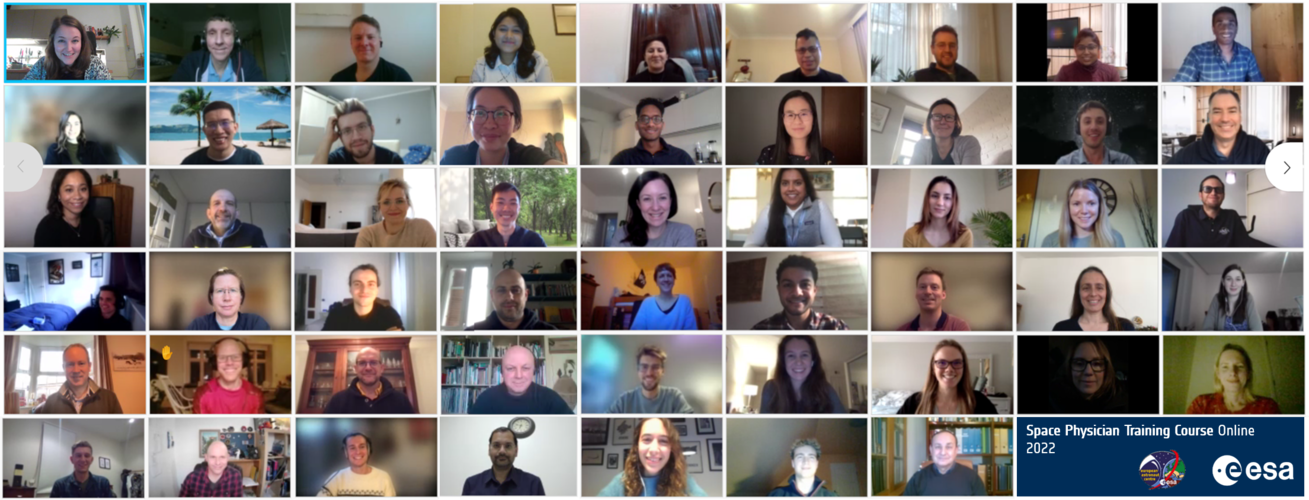
ESA’s second online Space Physician Training Course (SPTC) took place from 18 – 19 January 2022, attracting almost 60 participants from across Europe and the world.
The SPTC is run by ESA’s space medicine team and gives medical doctors the opportunity to learn more about space medicine and supporting astronauts’ health from ESA’s leading experts.








